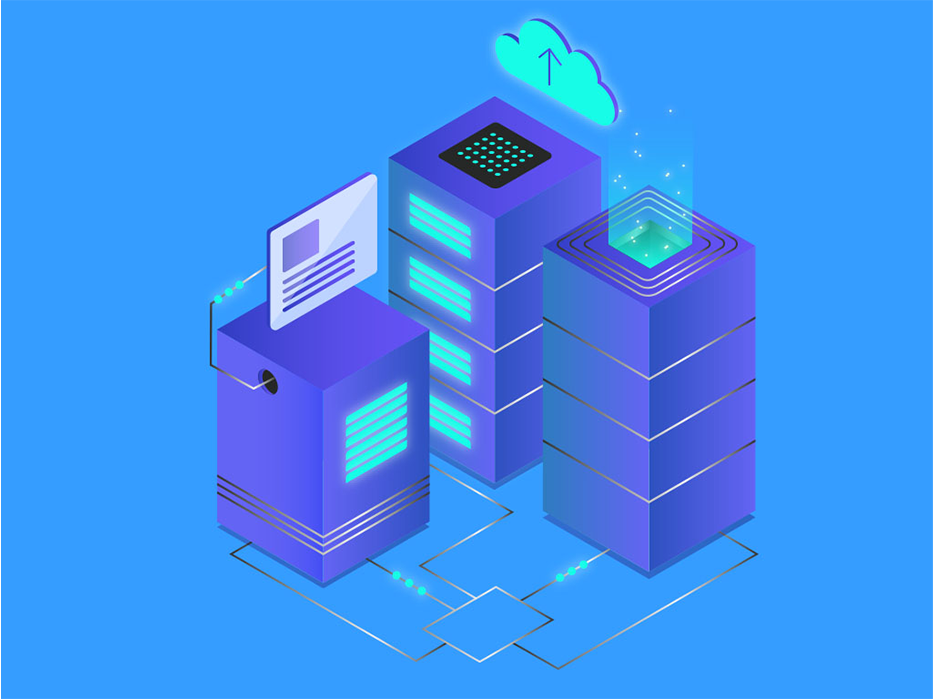In today’s rapidly evolving digital landscape, the pace of technological advancement is unprecedented. New frameworks, programming languages, methodologies, and tools emerge regularly, transforming how businesses operate and how IT solutions are developed and deployed. For IT professionals, staying current with these advancements is not just advantageous but crucial for maintaining relevance and competitiveness in the industry.
One of the primary reasons continuous learning is essential in IT is adaptation to technological change. Technologies that were state-of-the-art a few years ago may now be considered outdated. For example, the shift from on-premises servers to cloud computing has revolutionized how businesses manage and scale their IT infrastructure. IT professionals who continuously update their skills in cloud platforms like AWS, Azure, or Google Cloud can help organizations leverage the benefits of scalability, cost-efficiency, and flexibility that cloud technologies offer.
Moreover, continuous learning enables IT professionals to anticipate industry trends and proactively prepare for future challenges. For instance, the rise of artificial intelligence (AI) and machine learning (ML) is transforming industries across the board, from healthcare to finance to retail. IT professionals with expertise in AI and ML can lead the development of intelligent systems, predictive analytics, and automation solutions that drive innovation and efficiency within their organizations.
Continuous learning also fosters a culture of innovation within IT teams. By encouraging team members to explore new technologies and methodologies through training, certifications, and workshops, organizations can cultivate a dynamic environment where creativity thrives. This innovation mindset is crucial for developing groundbreaking solutions that address complex business problems and propel the organization ahead of competitors.
Furthermore, continuous learning enhances job satisfaction and career fulfillment for IT professionals. Learning new skills and mastering emerging technologies not only expands their professional capabilities but also opens doors to new career opportunities and advancement. Employers recognize and reward employees who demonstrate a commitment to self-improvement, often through promotions, salary increases, or challenging assignments that further develop their skills.
In addition to technical proficiency, continuous learning encompasses the development of soft skills such as communication, leadership, and critical thinking. These skills are essential for IT professionals to collaborate effectively with cross-functional teams, manage projects efficiently, and communicate technical concepts to non-technical stakeholders. Continuous learning in soft skills can significantly enhance an IT professional’s ability to influence decision-making, resolve conflicts, and drive organizational success.
Moreover, the benefits of continuous learning extend beyond individual career growth to organizational resilience and competitiveness. In a fast-paced digital economy, businesses that prioritize continuous learning and skill development within their IT teams are better equipped to adapt to market changes, respond to customer demands, and seize new opportunities for growth.
In conclusion, continuous learning is not merely a professional development strategy but a strategic imperative for IT professionals and organizations alike. By embracing lifelong learning, IT professionals can stay ahead of technological advancements, drive innovation, and contribute to the success and sustainability of their organizations in an increasingly digital world.





